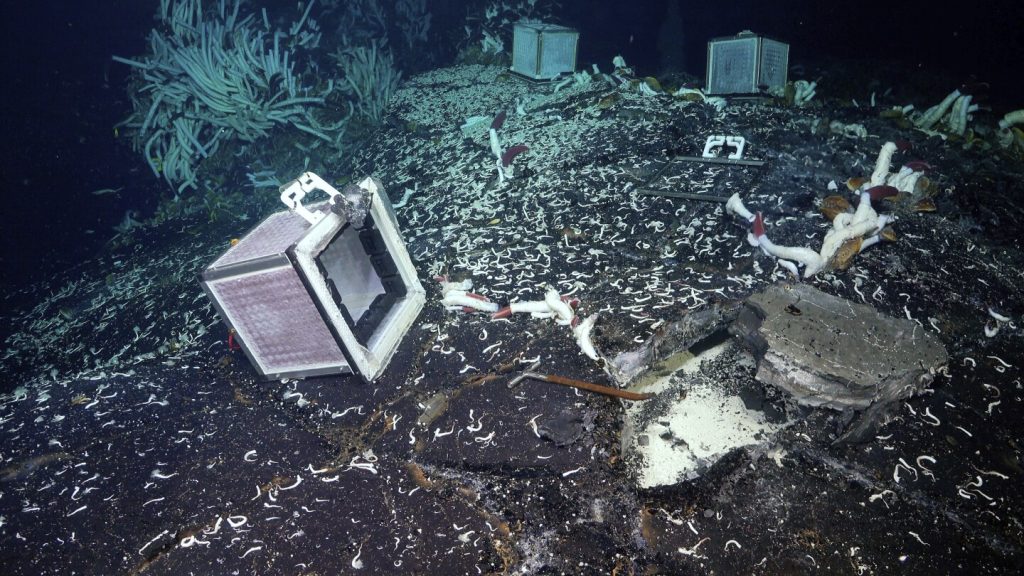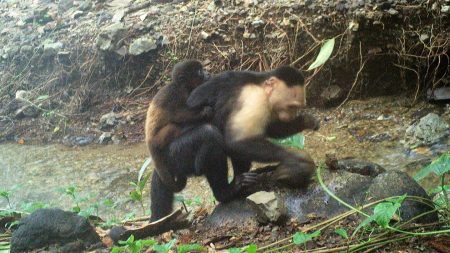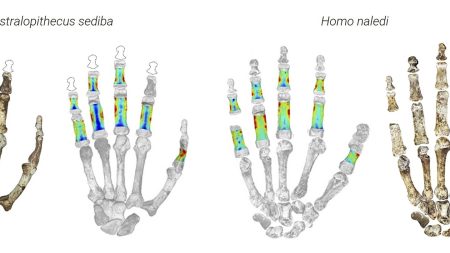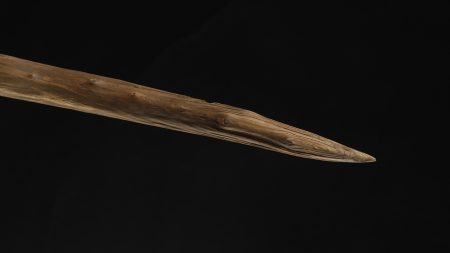Scientists have made a groundbreaking discovery revealing a thriving underworld of diverse animal life beneath the seafloor, particularly near hydrothermal vents. An expedition to a volcanically active ridge in the Pacific Ocean, situated off the coast of South America, led to the unexpected findings of various organisms such as worms, snails, and massive tubeworms living beneath steaming underwater hot springs. Traditionally, researchers have primarily focused on microbial and viral life surrounding hydrothermal vents, but this new exploration uncovered that a rich ecosystem exists in the depths that was previously unknown. The study, co-authored by Sabine Gollner from the Royal Netherlands Institute for Sea Research, emphasized that the existence of these animals was entirely unanticipated. According to Gollner, it is possible that juvenile species from the surface traverse through the vents to inhabit these deeper regions.
The implications of this discovery are significant as it opens new avenues for understanding the ecological dynamics and biodiversity that exist in these extreme marine environments. Hydrothermal vents, known for their extreme conditions, had mostly been associated with microbial life, as the high temperatures and pressures make survival challenging for larger organisms. However, the recent findings suggest that these robust ecosystems, which thrive on chemosynthesis rather than photosynthesis, may harbor more complex life forms than previously thought. This revelation could prompt a reevaluation of how scientists understand life in such extreme habitats, raising questions about the evolutionary adaptations that facilitate survival in these unique conditions. As highlighted by Jason Sylvan, a microbiologist at Texas A&M University, this initial discovery shows promising potential for further studies to examine whether similar colonies of animals exist beneath other hydrothermal vents around the world.
The expedition’s method, involving the use of an underwater robot to flip over volcanic slabs, was crucial in uncovering this hidden biodiversity. The robot was designed to traverse the challenging environment of the seabed, where traditional exploration methods may have fallen short. By employing advanced technology, researchers were able to conduct a thorough investigation into the habitats of hydrothermal vents, leading to the revelation of not just microbial entities, but also a variety of animal species. This encourages further technological advancements in ocean exploration, which could yield even more discoveries in less understood and less accessed areas of the oceanic depths.
Future research focusing on animal life beneath hydrothermal vents promises to be groundbreaking. The initial findings raise numerous questions regarding the distributions of these organisms, their life cycles, and their interactions within the ecosystem. Researchers are keen to investigate if the parameters that allow such diverse life forms to exist are replicated in similar vent systems globally. If clusters of life are found in other locations, this would expand the known biodiversity of our oceans and could even lead to new insights into how life adapts in extreme environments. Such studies might also assist in understanding the implications of climate change and human impact on these delicate ecosystems.
Moreover, the use of remote-operated vehicles and underwater robotics not only assists in exploring these environments but also minimizes disturbance in delicate underwater ecosystems. Through meticulous study and observation, researchers can catalog these organisms and assess their roles in the ecosystem while preserving their natural habitats. This is particularly important as the underwater environments are already under threat from pollution and over-exploitation. As scientists delve deeper into the mysteries of the ocean, it becomes increasingly vital to establish conservation efforts to protect these newfound habitats before they are compromised.
In conclusion, the discovery of animal life beneath hydrothermal vents marks an exciting advancement in marine biology and ecology. The ability to uncover such surprising complexity in an ecosystem that was once thought to be hostile to larger life forms not only expands our knowledge but also reshapes our understanding of life’s adaptability. Future research will likely delve deeper into the significance of these findings as well as the potential repercussions that may arise as we continue to explore the ocean’s depths. This initial discovery presents a valuable opportunity for scientific exploration, environmental conservation, and understanding of the interconnectedness of life on our planet.










